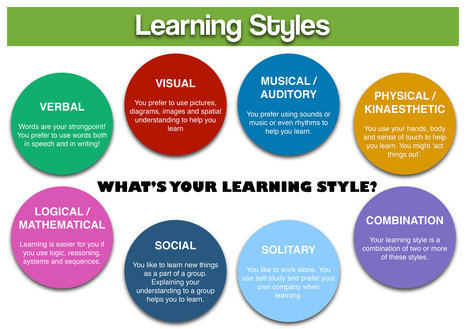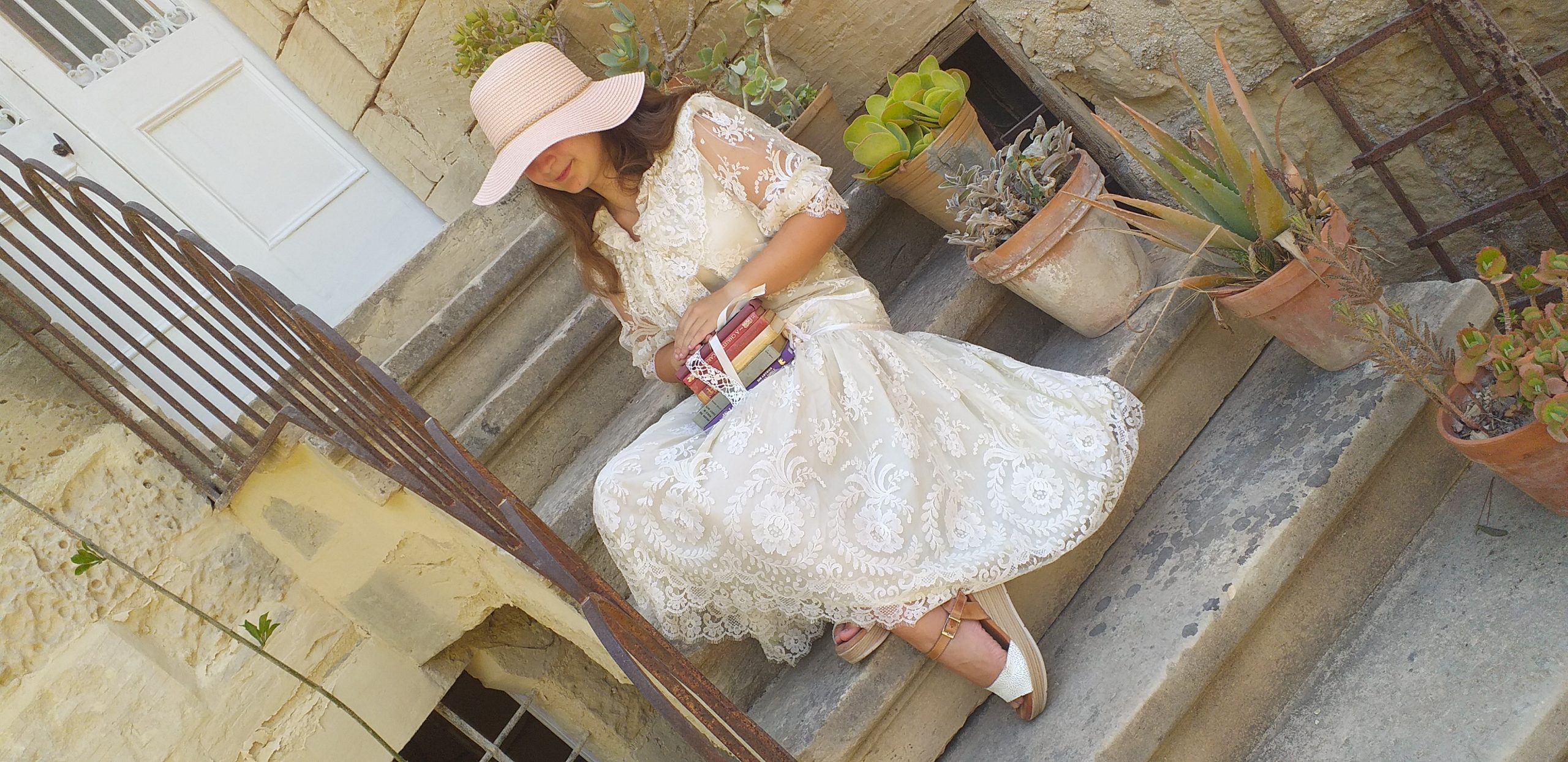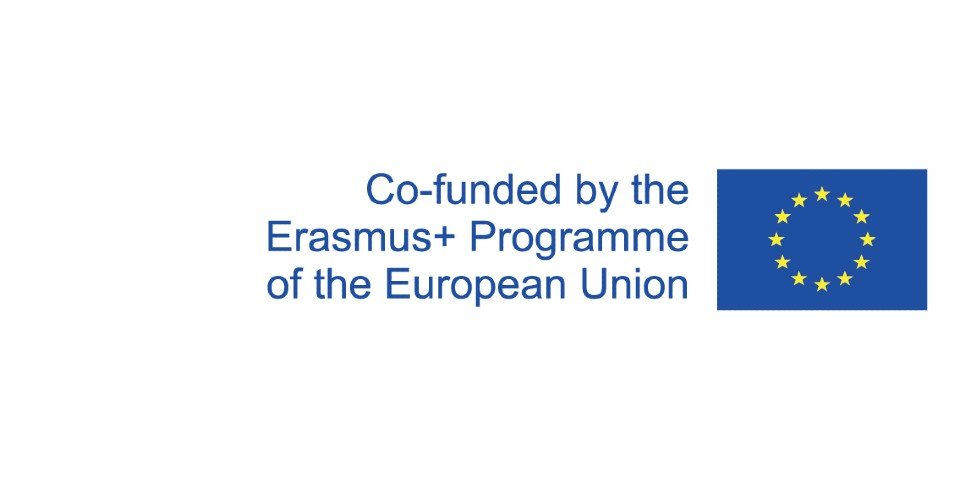GARDNER’S MULTIPLE INTELLIGENCES
It is easy to understand why Howard Gardener listed more than one type of intelligence if you play this game. Below we are listing a workshop activity that actually is playing a game. You can adapt to your target group and ages. Hope you enjoy it!
But before, watch this video as a prep!
Now to play!

PLAY SMART – SPIN THE BOTTLE!!!
Resources: The below on a A3 cardboard to resemble a board game. One bottle (preferably glass as it will spin better).
Eco Tip: Re-use any cardboard or poster you have already if the reverse side is still empty 🙂 Use any resources you have already for the colour segments, you can use a piece of clothing or a toy to represent the colours on the segments below!

The target group for this game session would be young people aged 16-years old who have been meeting for some time and know each other. We believe that due to this, during the session, they would feel that they are in a safe environment and so feel free to share.
We hope that with this game all young people, particularly those who do not do so well academically, might consider the other areas of intelligence that they have and note that what they regard as talents and strengths are actually types of intelligence according to the research by Prof Howard Gardner. Most often, with school taking up so much of the formative years of childhood and adolescence, young people measure themselves and their capabilities in terms of their performance and marks at school. We would like to be a source of critical thinking and exploration for the young people present so they will review their talents through the use of their senses and look at themselves in another way. Our aim is to raise the opportunity within each one who is playing the game to think, explore their talents and those of the others in the group. We would like to convey the message that each one of us is gifted or rather “smart” / intelligent, albeit in a different way and in different areas.

Introduction:
Introduce briefly the game and the theory by pointing out that there could be the possibility that we connect the idea of intelligence with someone who does well at school. We suppose that that is because school makes up so much of a young person’s life and so much importance is given to scores and intelligence is measure numerically. It is handy to visit this website: https://howardgardner.com/multiple-intelligences/. Using language which is teenager friendly helps!
Core:
The next step would be to explain the 8 areas of the original theory of MI using the cardboard game board above. The game involves the use of the game of “Spin the bottle” to tackle each area of the theory consequently. We feel that the board game is really colourful and attractive. The symbols used in this game are images that are clean, clutter free.
How to play:
To play the this game in turn means spinning the bottle and considering if the “intelligence” marked on the board after the board stops spinning could be their area of strength. This could be an area where this group who would already have known each other for some time could also contribute/share their ideas of how they see themselves and each other their own and the other’s talents through this game. I hope that this game could also provide an insight to one own’s talents through the eyes of another.


The game can also explore what jobs would suit each of the intelligences (above) and open up a discussion about that too! Following up to this theory, 25 years after its inception and that there are other areas which will be added to the original 8 smart ones as we are living in an age of innovation where personal strengths are finding new areas to develop e.g. through IT/technology which did not exist at the time of the original theory. It is worth exploring that this is a theory worth thinking about and applying to oneself learning profile and style!

Reference: Gardner, Howard. Frames of Mind: The Theory of Multiple Intelligences. New York: Basic Books, 1983.


